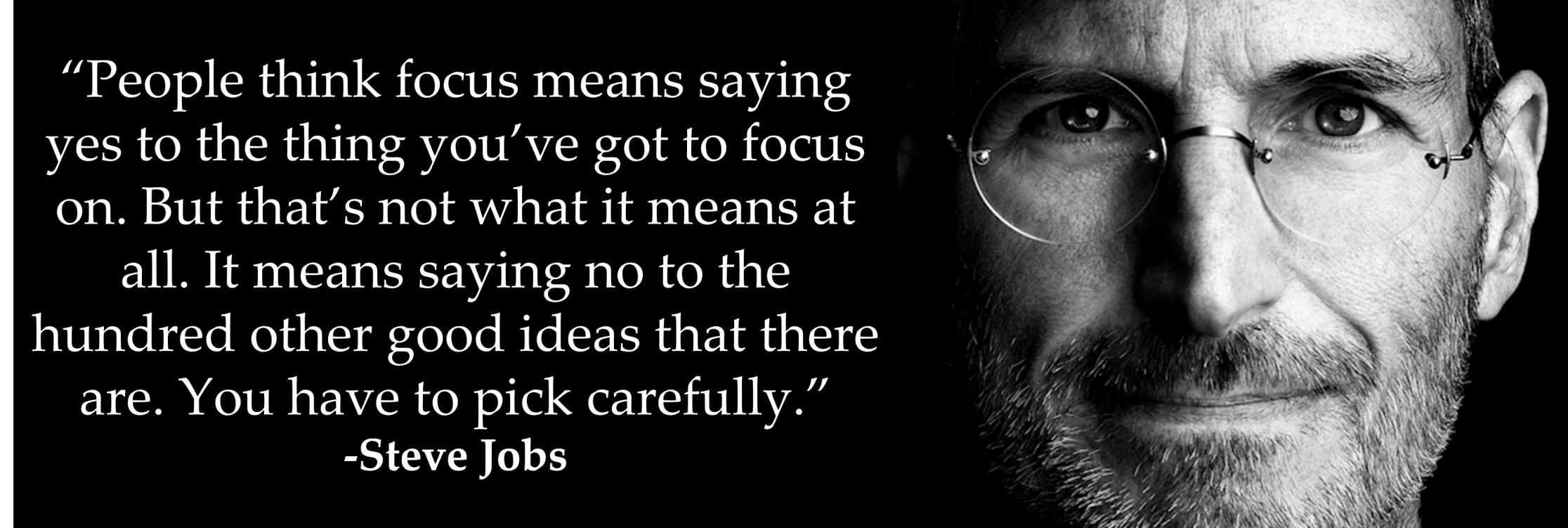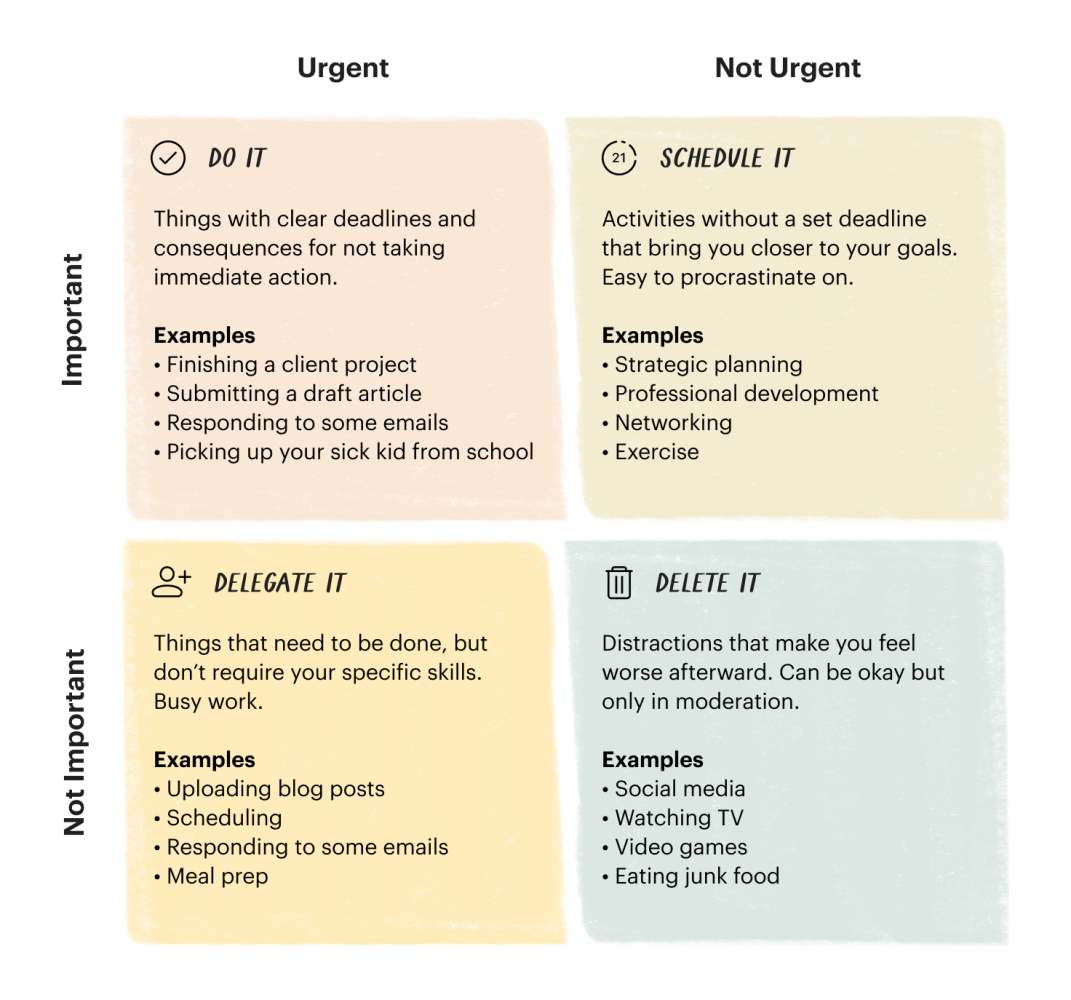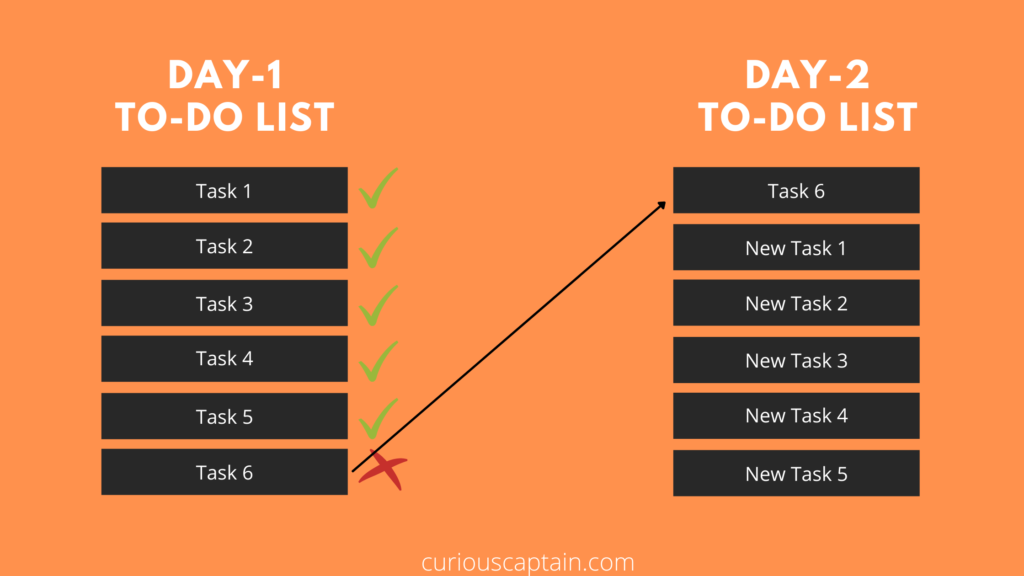This Is How to Develop Focus: 20 Approaches

Image is from freepik.com by @freepik
It feels like the world is dead-set against our focus these days. Are you bombarded with digital distractions? Are there near-constant requests for your attention?
Do you feel overloaded? Does your concentration feel fragmented? Find yourself checking your phone constantly?
These aren’t just annoyances. They can become a disaster for your productivity and quality of life.
Focus and Leadership
According to a survey of more than 35,000 leaders in more than 100 countries, 73% reported feeling distracted from their current task some or most of the time, and 67% described their minds as cluttered.
Nearly all the leaders surveyed (a whopping 96%) reported that enhanced focus would be valuable or extremely valuable to them. The researchers concluded:
The ability to apply a calm, clear focus to the right tasks… is the key to exceptional results…. we have observed a direct correlation between a person’s focus level and their career advancement. -Rasmus Hougaard and Jacqueline Carter*
Struggling with Focus?
Here are some signs that you may be struggling to focus: You’re reading something but not absorbing it. Maybe you’re listening to people but you’re not taking their words in. You zone out in meetings. You’re jumping from task to task, and not making considerable progress on your priorities.
The Benefits of Focus
There are many benefits when you cultivate the ability to focus. When you’re focusing properly, you: make better decisions, manage your time more effectively, feel less stress, remain calm under pressure, and have better work quality. What’s more, you’re more creative and productive.
Read more: Here are 3 Ways To Strengthen Your Focus
How to Develop Focus: 20 Approaches
How can you develop your focus? Here are 20 actionable approaches:
1. Observe your daily rhythms. Notice your best and worst times for focused work. Track your energy levels at different times and on different tasks. Then design your work and schedule to capture your greatest attention and energy.
2. Take regular breaks. Your brain can’t focus all the time. You need to toggle between focus and rest. (When you do so, you’re able to focus much better when you return from rest, according to the research.)
3. Practice self-care. Develop good sleep habits (regular bedtimes, caffeine and device curfews, etc.), eating and hydration habits, and exercise habits.
4. Minimise interruptions and eliminate distractions. For example, turn off smartphone notifications and place your phone outside the room when working.
5. Develop simple rules to maximise time in deep work. For example, don’t check email before noon (or another time that works for you).
6. Focus on one task at a time and avoid frequent task-switching. When you switch tasks, you waste time regrouping and trying to recover your focus. Be more disciplined in doing one thing at a time.
7. Design your work for “flow.” According to researchers, flow is a state of deep concentration and absorption—a state of almost effortless attention and peak performance. (See my article, “Designing Your Work for Flow.”)
8. Practice doing things that require concentration. For example, read books or play games that require focus.
9. Engage in deep breathing and practice meditation. With meditation, you can train your mind to become more present, focused, and still, and you can enhance your concentration. It can help you train your attention and awareness, helping you feel calm and clear in the process. It’s a means of quieting and focusing—and refocusing—your mind. (See my article, “Why We Need Meditation and Mindfulness Now More than Ever.”)
10. Reduce anxiety, stress, and negative self-talk.
11. Get very clear on what’s most important so you can direct your efforts toward that.
12. Determine which tasks will contribute the most toward your most important aims.
13. Clear the decks so you can focus on your most essential task for extended periods.
14. Reduce or eliminate non-essential tasks. Consider using a “stop doing list” or a “drop list.”
15. Schedule your most important tasks and give them deadlines. (Tip: Be generous in the amount of time allotted for completion. We tend to underestimate the time it will take, generating stress in the process.)
16. Learn to say “no” more often and more easily, especially to things that don’t fit with your top priorities.**
17. Systematically measure your progress on your most important tasks. Tracking progress helps you maintain attention.
18. Stop focusing so much on results and focus more on deep engagement with the process of doing things that matter. For example, focus more on the strategies you can adopt for healthy living and focus less on your target weight.
19. Experiment with different schedules that help you focus better. For example, try themed days, such as a Monday planning day, Tuesday prospecting day, Wednesday writing day, etc. (or half-days).
20. Make a “Done for the Day” list each morning—a list of what would constitute essential progress and that’s reasonable for a single day.***
Tools that Help with Focus
Beyond the approaches noted above, here are three tools and frameworks that can help with focus:
1. Eisenhower Decision Matrix (a.k.a., Urgent-Important Matrix): distinguish between tasks that are urgent (time-sensitive, demanding immediate attention) and important (contributing to your long-term purpose and vision), using a simple matrix.
2. Ivy Lee Method: give yourself no more than six important tasks per day, listed from most important to least important. Then address them in order of priority, and without moving to the next task until you’ve completed the current one.
3. Brian Tracy’s “Eat the Frog” method: identify one challenging and important task (the metaphorical frog) and complete it first thing in the morning. The logic:
The hardest part of any important task is getting started on it in the first place. Once you actually begin work on a valuable task, you seem to be naturally motivated to continue…. The most valuable tasks you can do each day are often the hardest and most complex. But the payoff and rewards for completing these tasks efficiently can be tremendous. -Brian Tracy, Canadian-American author and speaker
Reflection Questions
- Are you struggling with focus?
- How is it affecting you?
- Which approaches work best for you?
- Which new ones will you try, starting today?
This was first published on greggvanourek.com
Edited by: Kiran Tuljaram
Personal
References:
* Source: Rasmus Hougaard and Jacqueline Carter, “Are You Having Trouble Focusing? These Simple Strategies Will Help,” Harvard Business Blogs, December 26, 2017.
** Author Gregory McKeown suggests saying “yes” only to the top 10% of opportunities you encounter, in part by using rigorous criteria for giving assent, such as whether the opportunity is exactly what you’re looking for. If it’s not a clear “yes,” then it should be a clear “no.”
*** Source: Gregory McKeown, Effortless: Make It Easier to Do What Matters Most (Crown Currency, 2021).
Gregg Vanourek is an executive, changemaker, and award-winning author who trains, teaches, and speaks on leadership, entrepreneurship, and life and work design. He runs Gregg Vanourek LLC, a training venture focused on leading self, leading others, and leading change. Gregg is co-author of three books, including Triple Crown Leadership (a winner of the International Book Awards) and LIFE Entrepreneurs (a manifesto for integrating our life and work with purpose and passion).









